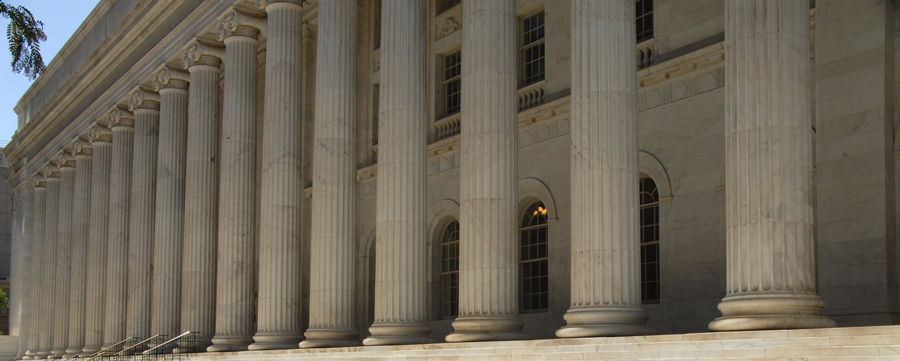Abstract
The primary goal of this Essay is to assess whether the relationship between the ideology of Supreme Court Justices and their support for the First Amendment guarantees of speech, press, assembly, and association has declined, such that left-of-center Justices no longer consistently support those guarantees, and right-of-center Justices no longer consistently support their regulation. Utilizing data drawn from the 1953 through 2004 terms of the Court, we show that, in disputes in which only First Amendment claims are at issue, the more liberal the Justice, the higher the likelihood that he or she will vote in favor of litigants alleging an abridgment of their rights. That relationship, however, fails to emerge in disputes in which other values, such as privacy and equality, are also prominently at stake. In these cases, liberal Justices are no more likely than their conservative counterparts to support the First Amendment; indeed, if anything, a reversal of sorts occurs, with conservatives more likely, and liberals less likely, to vote in favor of the speech, press, assembly, or association claim. Taken collectively, these results indicate that commitment to First Amendment values is no longer a lodestar of liberalism. We consider the implications of these findings in light of long-held assumptions of (quantitative) political science work on the Court.
Keywords
First Amendment protections (United States Constitution), Ideology, Judicial process, Liberalism, Conservatism, William H. Rehnquist, 1924-2005, United States. Supreme Court, Freedom of association, Freedom of speech, Freedom of the press, United States Constitution, United States
